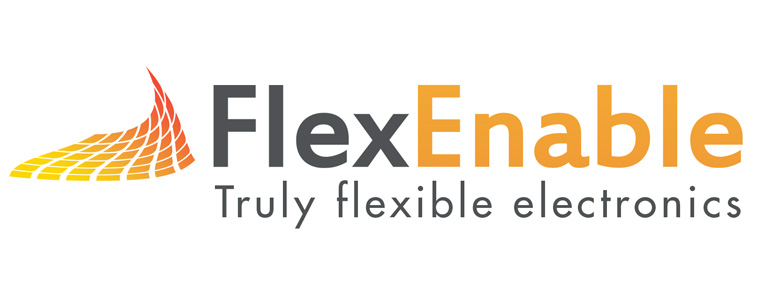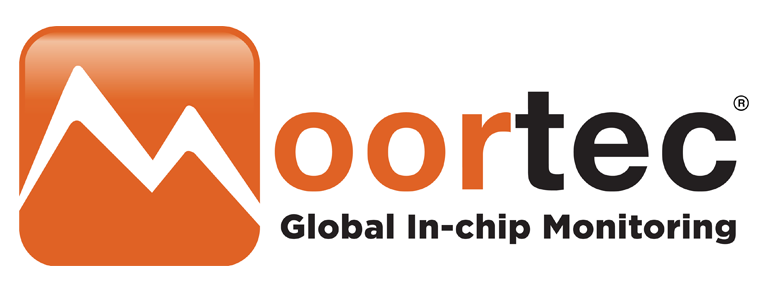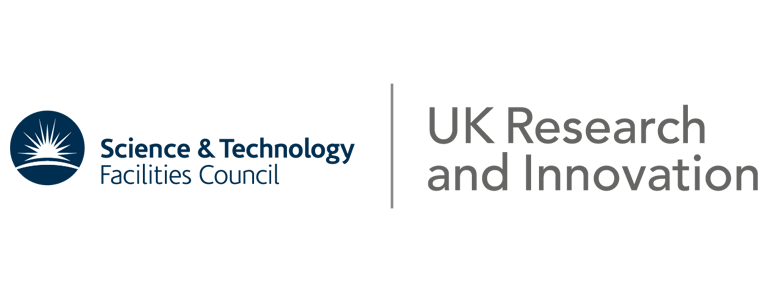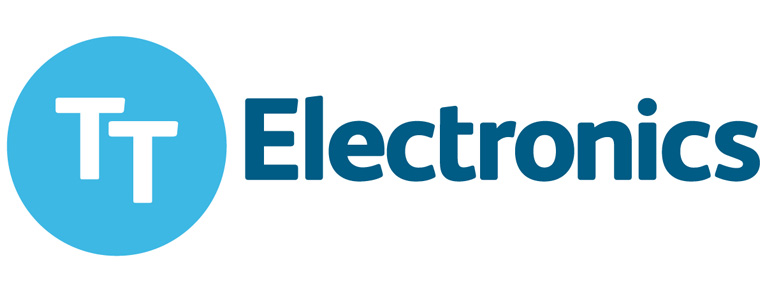Electronics is used every day by yourself, whether that be a PlayStation (sorry Xbox), hair dryer, or the device you’re reading this on now, a computer. Without electronics all the amazing technology we use daily could not work; no more Fortnite!
Delving deeper, it is a branch of Physics that deals with the creation and effects of electricity. Think of cars on the road, consisting of straights, turnings and roundabouts. The electronics of roads are the straights, turnings and roundabouts, and cars are electricity.
The father of electronics, Sir John Fleming, invented the first electronic device called the vacuum tube, in 1904. It acts as a turning on a road, sending electronics to another location. Electronics aided the development of radio and telegraphy (sending pictures over long distances) communication in the UK, after investment was made in the Italian inventor, Guglielmo Marconi, during the 1890s. From this humble beginning, solving long-distance communication, electronics started playing a prominent role in many technological improvements and inventions. New electronics, such as diodes and transistors, which are simply electronic switches, have been invented since, offering engineers the ability to control electricity and create technology that was once unimaginable.
Now an informal definition and brief history of electronics has been made, I want to show you how electronics is used, and all the amazing things it allows us to create. On average 99% of UK households have a mobile phone and 98% a computer. These devices allow communication between work colleagues, friends and family to be so easy. It is no surprise that by 2020 it is expected that 31 billion devices will be connected to the internet and behind it all is electronics. It is not all about communications, electronics underlines medical technology, aviation, automotive, energy… the list goes on.
In healthcare there are now electronic records, e-prescriptions and even in-home doctor appointments for the elderly. Advanced optometry equipment provides opticians a highly efficient way to care for poor eye sight, and even return lost eyesight.
What about climate change? We can’t escape it, or can we? With the UK pledging to hit 15% renewable energy sources by 2020 and 32% by 2030, the push to further develop current and future technologies is massive. From making more efficient solar panels, wind turbines and hydro dams to new electric vehicles; all are controlled and powered through electronics.
The UK has the 6th largest electronics industry in the world, populated with highly trained individuals that ensure technology is never in a stand still. It’s up to world-leading developers, like the UK, to keep pushing the boundaries to ensure our mobiles don’t become ‘outdated’, our health service can modernise, and future generations don’t live in a world where penguins and polar bears become extinct. It’s all happening in the UK right now and with electronics we have the tools to make the world a better place.











